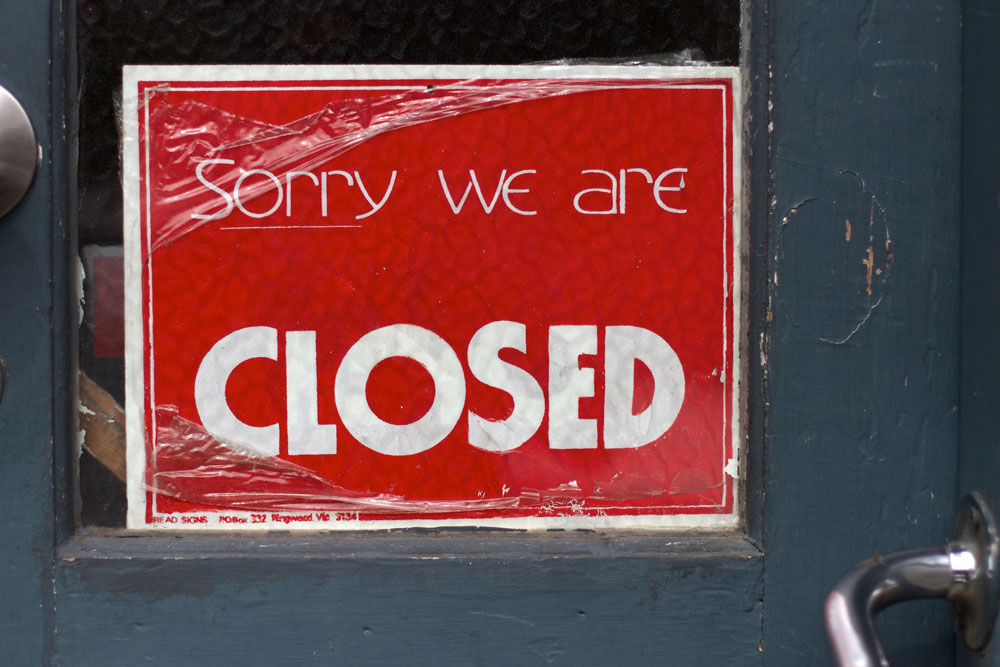
March 12, 2020; Austin American-Statesman, News Tribune, and New York Post
Just kidding…there are far too many cancellations to list in one place. Still, yesterday the shit finally hit the proverbial fan, with nonprofits of all types and sizes shutting down long-planned gatherings and otherwise adjusting to their new coronavirus-influenced operating environment. Each of these closures will have its own impact—to the organizations themselves and those who depend upon them—and make ripples into the community and partner organizations.
Here is a tiny fraction of the incredible expanding list pulled from the headlines:
USA Gymnastics, already having filed for bankruptcy and still amid controversy regarding sexual abuse, has suspended its gymnastics meet schedule across the country. One can only imagine the effect this may have on other organizations in that system. The cancelled meets may result in sunk costs in the renting of facilities and contracting of judges that would normally be covered by a combination of participant fees and ticket sales. Attached to the meets, of course, is a national network of gyms—essentially small businesses—that will also be affected.
The New York Metropolitan Opera and the New York Philharmonic have closed for least the rest of the month. As with any performing arts groups, they will have fronted costs for these performances. They are offering full refunds but are asking that patrons consider donating the value of the ticket back to the symphony or take it as credit for another performance. The Metropolitan Museum of Art also closed pending further notice. One would assume that those traveling to the city or even out for an evening will cancel their plans, thus hitting local restaurants and businesses, Uber drivers, and hoteliers hard.
Sign up for our free newsletters
Subscribe to NPQ's newsletters to have our top stories delivered directly to your inbox.
By signing up, you agree to our privacy policy and terms of use, and to receive messages from NPQ and our partners.
Nursing homes and prisons have cut off visits from family and friends with no sense of when that might change. In New York, this rule for nursing homes has been state mandated. Many workers at nursing homes, by the way, are contracted hourly. According to the Austin American-Statesman, “Nursing homes rely on housekeepers, dietary workers and others to keep their facilities operating. Those workers, on the front lines of infection control, may make poverty-level wages and not receive enough sick days or paid time off.”
In the city of Tacoma, Washington, two senior centers have temporarily closed altogether. But even before that, attendance had dropped by half. For such public serving organizations, and especially for safety net nonprofits, the inability to satisfy contractual expectations may seriously harm organizations unless states create policies that suspend performance requirements.
Elsewhere, in what was decidedly not a decision driven by empathy, the Queens Marriott informed the Global Healthy Living Foundation that it would be charged for the cancellation of a summit that would have included 18 patients with compromised immune systems.
The Marriott offered only a partial refund saying the group still had to pay 70 percent of food and beverage costs totaling $6,521 and it would waive the $6,253 in room charges, but only if the group rebooked within 90 days, according to an email the group received from Joseph Slane, the director of sales and marketing.
The session was slated to allow them to meet with medical experts.—Ruth McCambridge













